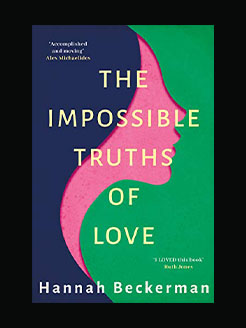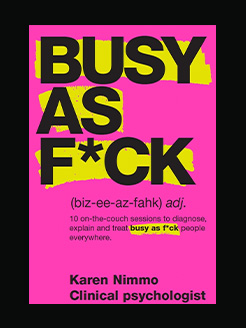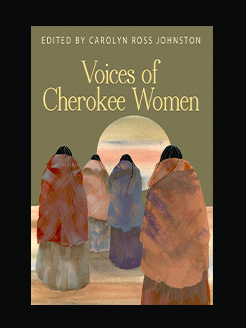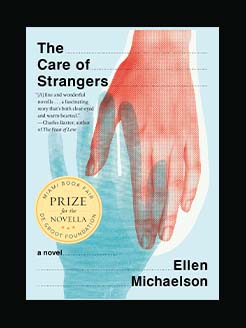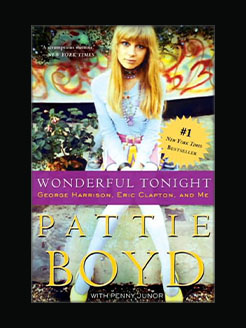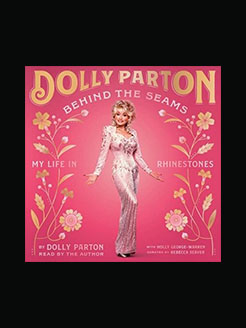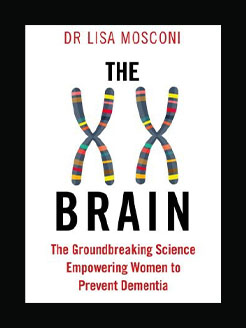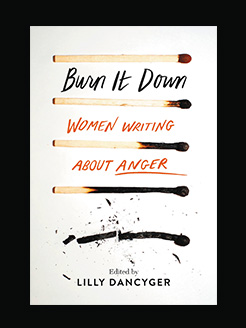Published in 2022
128 pages
Iman Mersal is the author of four books of poems in Arabic: Ittisafat (Characterisations), 1990; Mamarr Mu‘tim Yasluh li Ta‘allum al-Raqs (A Dark Alley Suitable for Dance Lessons), 1995; al-Mashy Atwal Waqt Mumkin (Walking As Long As Possible), 1997; and Jughrafia Badila (Alternative Geography), 2006.
Mersal was born in 1966 in Mansoura, Egypt. She was an editor for the cultural and literary reviews Bint al-Ard and Adab wa Naqd in Egypt for several years before leaving for North America.
Mersal relocated to Boston, Massachussetts, USA in 1998 and from there to Edmonton, Alberta, Canada where she now resides with her husband, the ethnomusicologist Michael Frishkopf, and their two sons. She works as assistant professor of Arabic literature at the University of Alberta. In 2005, she was the subject of Shabnam Sukhdev’s Stranger in her Own Skin, a documentary film based on Mersal’s poetry. Her current academic interests focus on questions of diasporic identities, which were central to her recently completed PhD thesis with Cairo University, The Images of America in Arabic Travel Literature.
Selected poems from Mersal’s ouevre have been translated into numerous languages, including English, French, German, Spanish, Dutch and Italian. These Are Not Oranges, My Love, a selection of Mersal’s work translated into English by Khaled Mattawa, was published by Sheep Meadow, New York in 2008.
What is this book about?
A selection of luminous, fiercely intelligent verse from Egypt’s premier poet.
Iman Mersal is Egypt’s―indeed, the Arab world’s―great outsider poet. Over the past three decades, she has crafted a voice that is ferocious and tender, street-smart and vulnerable. Her early work captures the energies of Cairo’s legendary literary bohème , a home for “Lovers of cheap weed and awkward confessions / Anti-State agitators” and “People like me.” These are poems of wit and rage, freaked by moments of sudden beauty, like “the smell of guava” mysteriously wafting through the City of the Dead. Other poems bear witness to agonizing loss and erotic temptation, “the breath of two bodies that never had enough time / and so took pleasure in their mounting terror.” Mersal’s most recent work illuminates the trials of displacement and migration, as well as the risks of crossing boundaries, personal and political, in literature and in life.
The Threshold gathers poems from Mersal’s first four collections of A Dark Alley Suitable for Dance Lessons (1995), Walking as Long as Possible (1997), Alternative Geography (2006), and Until I Give Up the Idea of Home (2013). Taken together, these works chart a poetic itinerary from defiance and antagonism to the establishment of a new, self-created sensibility. At their center is the indefatigably intelligent, funny, flawed, and impossible to pin down. As she writes, “I’m pretty sure / my self-exposures / are for me to hide behind.”
